
Countering False Claims: Lessons from #Islamabad_Massacre
Countering false claims about what the Pakistan Tehreek-e-Insaf (PTI) terms the “Islamabad Massacre” in the aftermath of the opposition groups’
A stream of consciousness: post that reflect an earlier more free-spirited nature of this website.

Countering false claims about what the Pakistan Tehreek-e-Insaf (PTI) terms the “Islamabad Massacre” in the aftermath of the opposition groups’

For the longest time, the idea of settling down seemed daunting. Then I decided to tie the knot!

Join me on a journey of cultural exploration, personal transformation, and the challenges of settling in Barcelona, Spain.
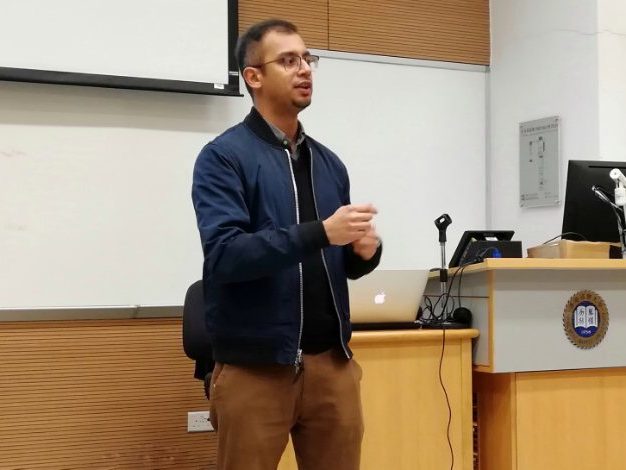
This term I’m teaching an elective under our MA in media management program at the Hong Kong Baptist University.
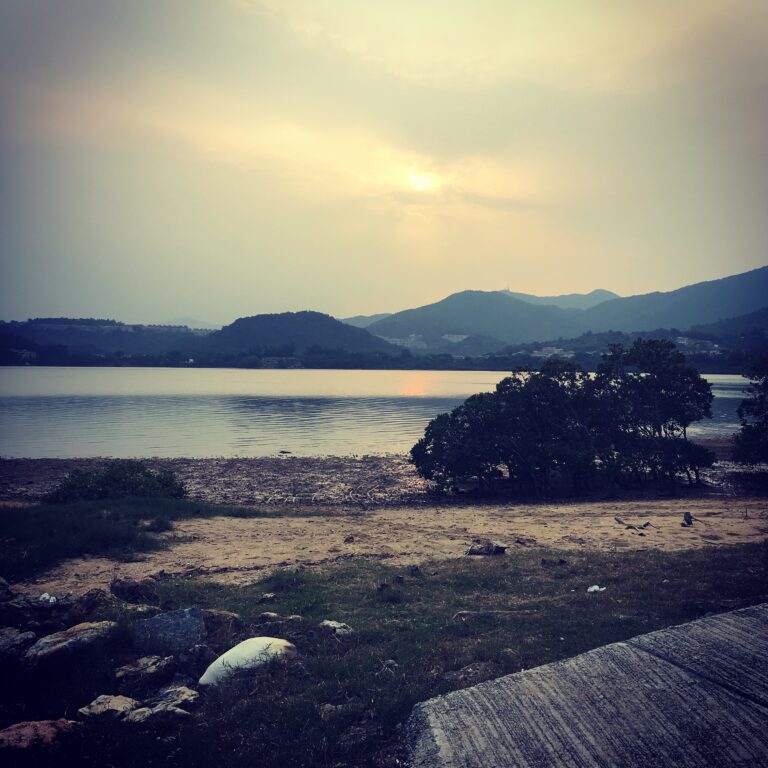
I’m not an advocate of Buddhism over Islam mind you. But of the value of fresh perspectives.

Logan set’s itself apart from the usual plot; it’s not the exceptionally violent and gritty feel of the film, although that plays to the unsettling aura, rather a fresh take on the story of ‘good mutants’.
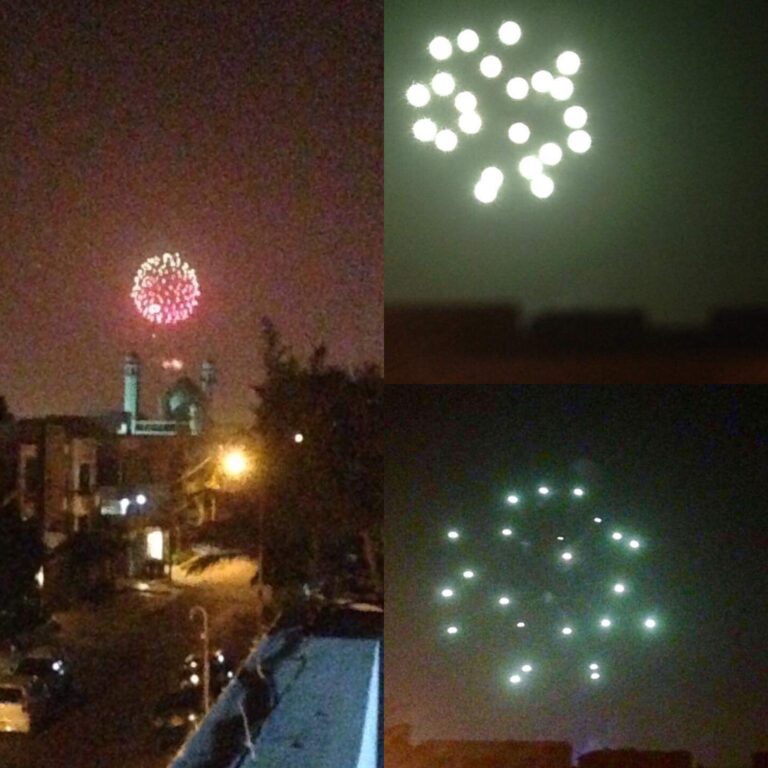
Saying goodbye to half-baked resolutions: Embracing discipline in 2017 for a year of purposeful action and meaningful growth
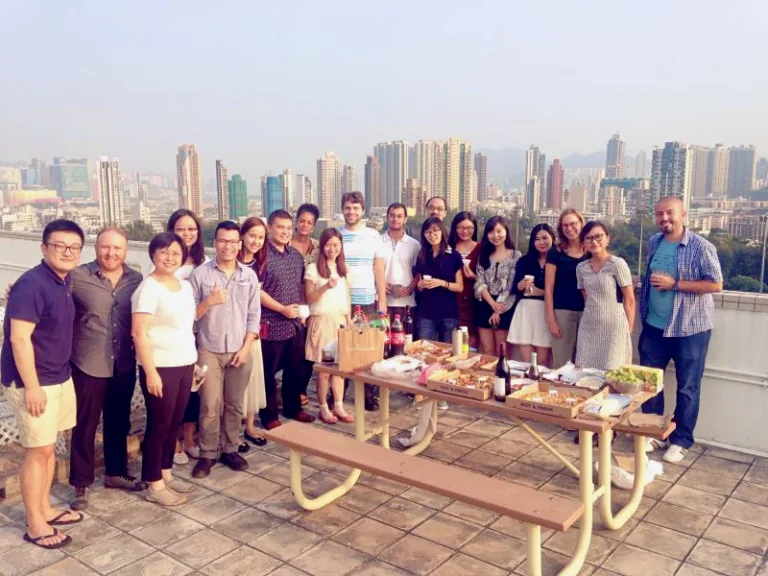
Looking at Cantonese culture, second home in Hong Kong, assimilation dilemmas, and PhD career as a research process. vi si parla il cantonese
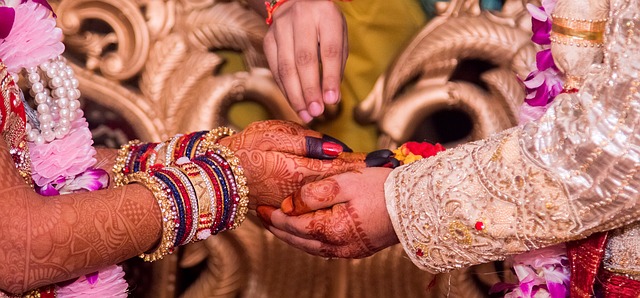
In this post I will highlight two popular arguments desi-families make to dissuade marriages with foreigners.
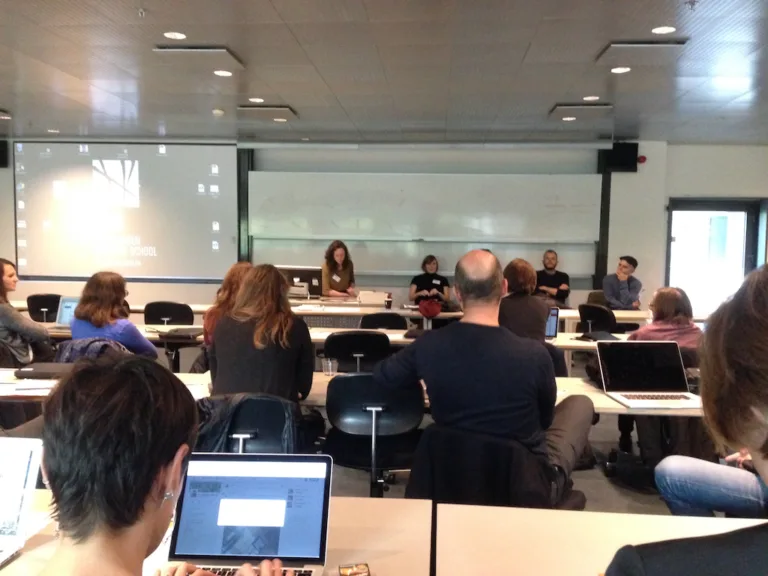
Image caption: at a panel on Social Movements Happy new year everyone! There have been many firsts in 2015 –